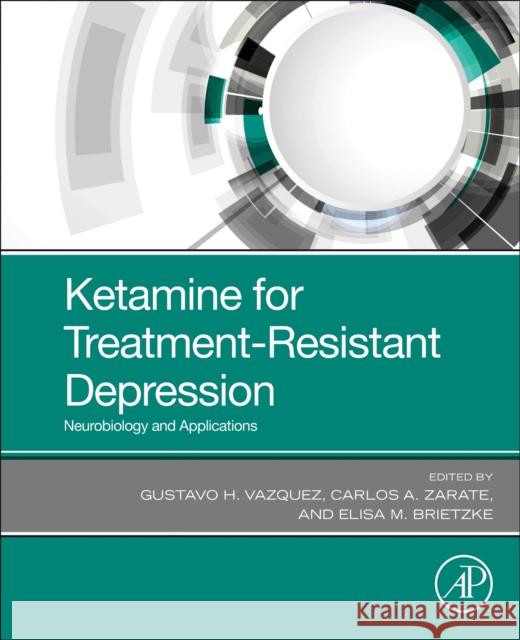Ketamine for Treatment-Resistant Depression: Neurobiology and Applications » książka
topmenu
Ketamine for Treatment-Resistant Depression: Neurobiology and Applications
ISBN-13: 9780128210338 / Angielski / Miękka / 2020
Kategorie:
Kategorie BISAC:
Wydawca:
Elsevier Science Publishing Co Inc
Język:
Angielski
ISBN-13:
9780128210338
Rok wydania:
2020
Oprawa:
Miękka
Wolumenów:
01
Dodatkowe informacje:
Bibliografia











